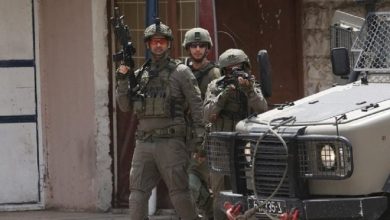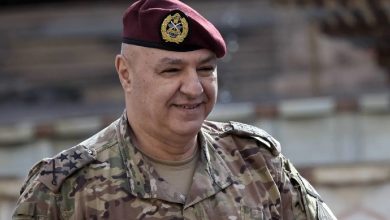Algeria Declines Participation in African Lion 2025 Over Israeli Army Involvement
AFRICOM confirms Algeria's sovereign decision to opt out as Israeli forces join military drills in Morocco.
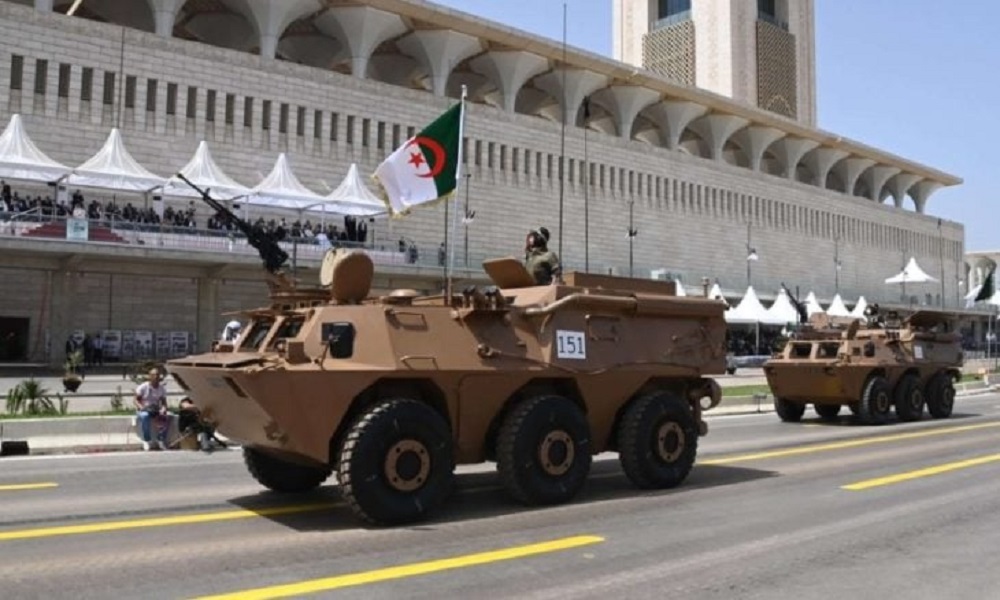
Watan-The U.S. Africa Command (AFRICOM) revealed that Algeria has sovereignly refused to participate in the “African Lion 2025” military exercises. According to AFRICOM, the drills will include the participation of the Israeli army on Moroccan territory, but the exercises will not extend into Western Sahara, the disputed region between Rabat and the Polisario Front.
In a press conference held via video from the U.S. Embassy in Algiers, two senior AFRICOM officials stated that Algeria was invited as an observer in the exercise but chose not to join, which they described as “its sovereign right to accept or refuse.” As reported by Algerian newspapers El Khabar and El Moujahid, the officials added: “We don’t know the reasons behind this refusal, but we hope Algeria will participate in future editions of the exercises, as it is a pivotal country and a key player in regional stability. Its participation would add greater strength and significance to the drills.”
Responding to reporters’ questions, the officials confirmed the “participation of the Israeli army in the African Lion exercises on Moroccan soil, as part of joint drills and within the framework of bilateral cooperation between the Moroccan and Israeli armies.” Israeli media had previously reported that this would be “the largest participation in the history of the Israeli army” in these exercises, with military units to be deployed to Morocco.
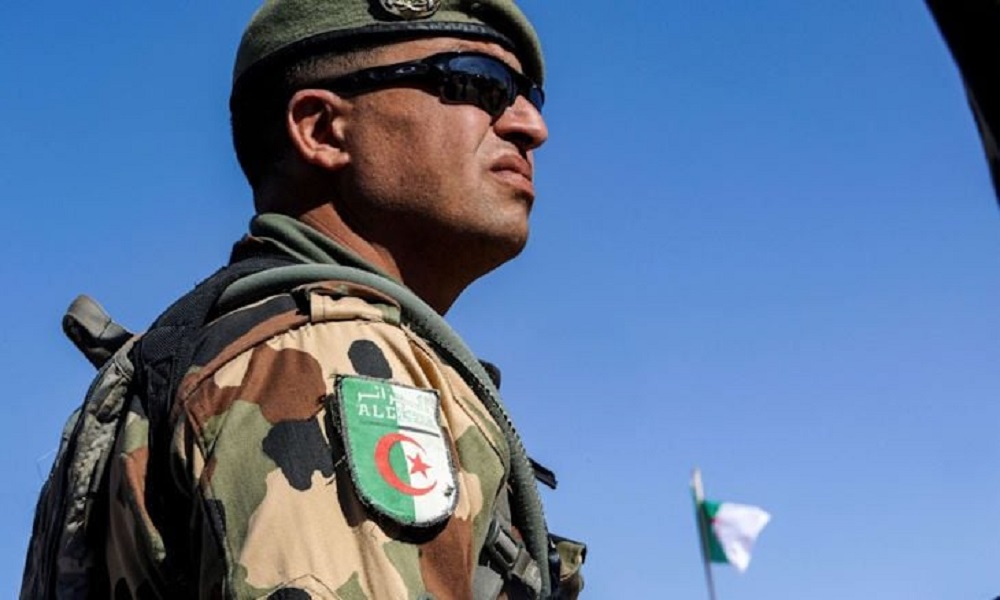
AFRICOM Addresses African Lion 2025 Concerns and Confirms Morocco-Based Drills
The spokespersons clarified that the maneuvers would not take place in the Western Sahara but would be “concentrated in various regions of Morocco up to the city of Tan-Tan, in the far south near the Moroccan coastline.” In recent years, speculation about the exercises extending into Western Sahara has sparked widespread controversy. Algerian politicians, including Abdelkader Bengrina, head of the National Construction Movement, have warned against this and called on the United Nations to intervene, arguing the issue concerns “decolonization.”
The AFRICOM officials also denied rumors that Algeria and Libya were named as enemies in previous exercises, specifically referencing claims made during the 2022 edition of African Lion. They stated, “Algeria and Libya were not named as enemies in the drills. The scenario was based on a fictional enemy, and while ground movements were simulated on the territories of those countries, there was never any intention to label them as adversaries.” They added: “In the 2025 edition, we have avoided issues related to borders. In the current version, maritime threats are being used as the main scenario.”
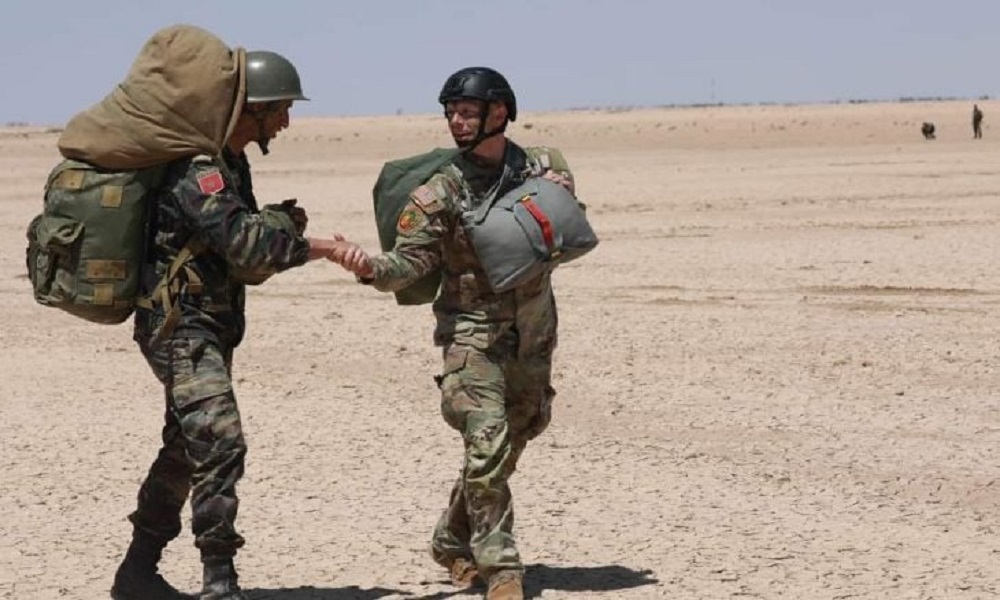
AFRICOM Reaffirms Regional Commitment Amid Sahel Security Challenges
In response to a question about a potential decision to relocate AFRICOM headquarters to Europe, the officials clarified that “no such order was issued” by President Donald Trump, emphasizing that AFRICOM “continues its efforts to ensure regional security and stability.” They confirmed that U.S. military command is closely monitoring the security situation in the Sahel, which they say is witnessing “the expansion of terrorist groups toward the west and south.” While AFRICOM does not maintain ground forces in those countries, the African Lion exercises aim to “enhance readiness to respond to crises in the region.”
This year’s edition, which began in Tunisia on April 14 and will continue through May, involves around 10,000 troops from 52 countries. It will take place across Morocco, Tunisia, Senegal, and Ghana. According to the officials, the aim is to “improve coordination and readiness among U.S. forces and partners to address security threats, especially terrorism.”
The exercises will include scenarios focused on counterterrorism, medical and humanitarian interventions, and cyber defense.



